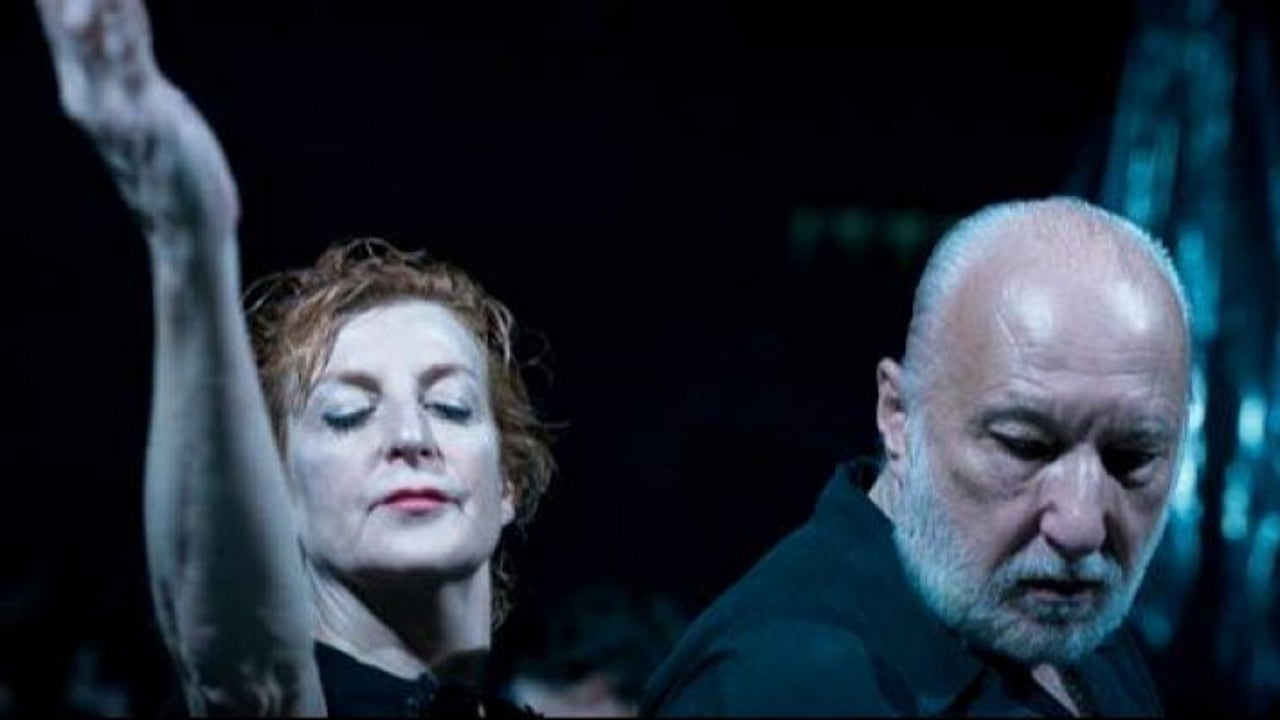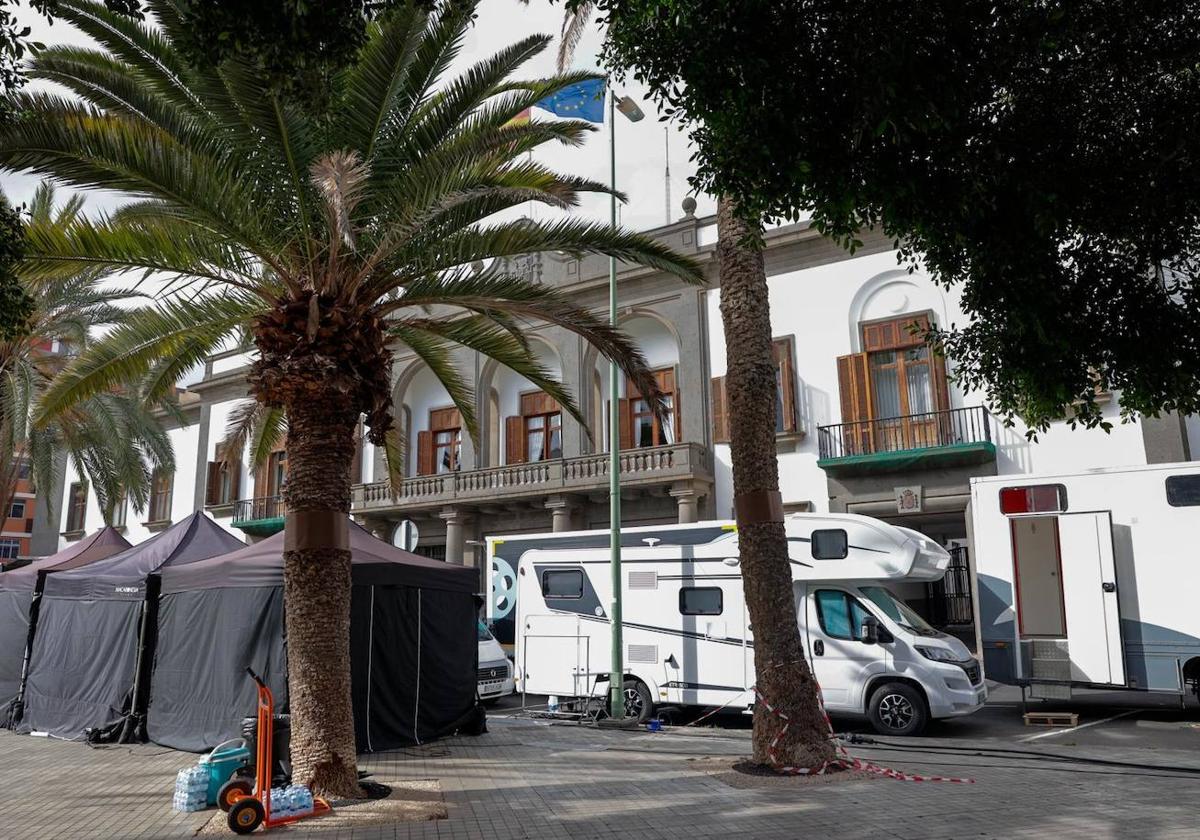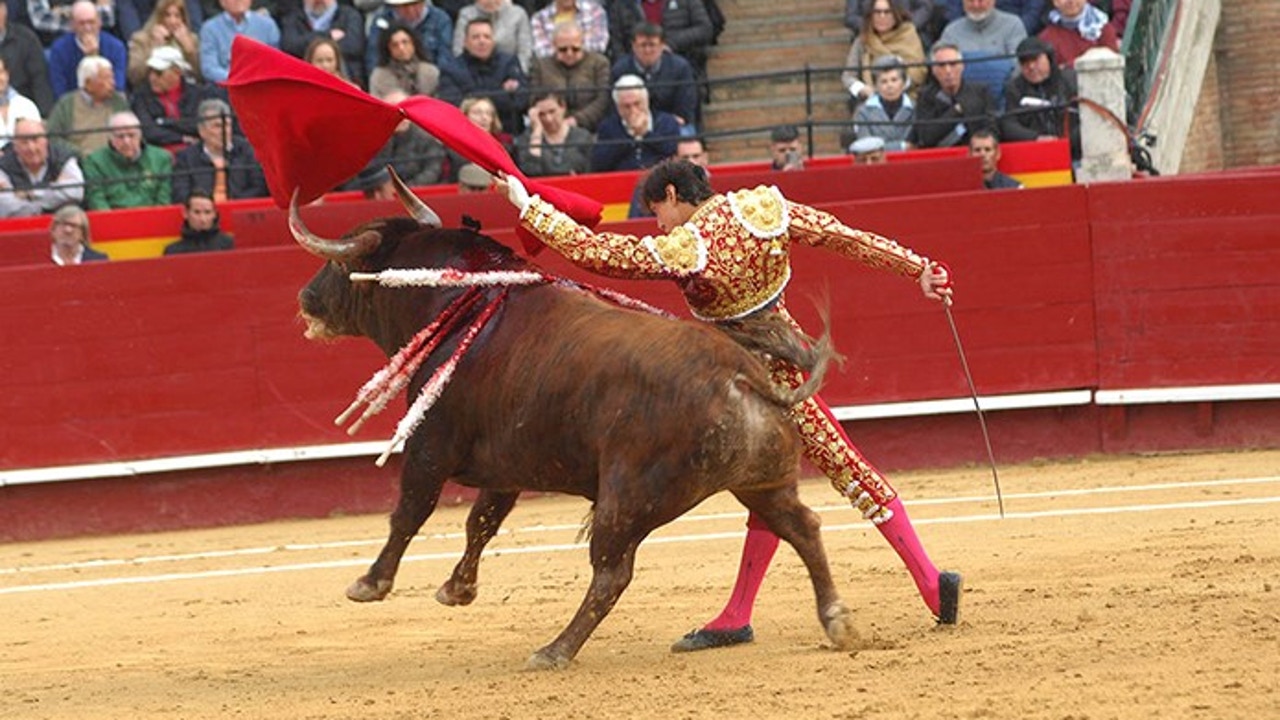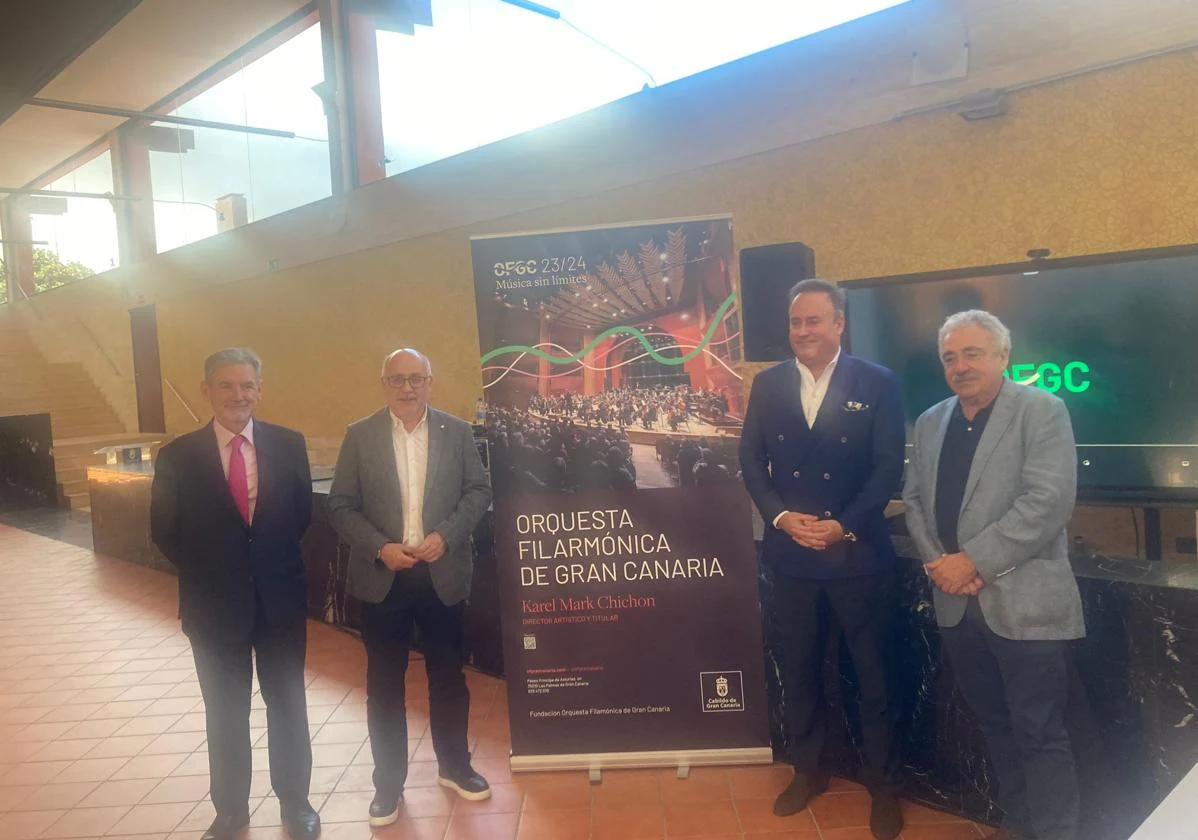From 'Libertad' to 'Chavalas', the possible Goyas for new direction point to the future


When the Goya nominations were announced at the end of November, the most obvious headline had to do with Fernando León de Aranoa and the good boss. The 20 categories in which this film appeared, breaking his own record, did not give the impression of a precisely heterogeneous film crop, something to which the presence of the usual suspects as candidates for Best Actor —Bardem, Gutiérrez, Tosar, Fernández— or, in the shortlist for Best Film, figures as veteran as Icíar Bollaín and Pedro Almodóvar competing with Aranoa. Talking about a possible generational change seems difficult but at least, in this last category, we find a title like Liberty.
Liberty is Clara Roquet's feature film debut. At the gala to be held this February 11 in Valencia, it starts with six nominations including Best Film: Best Supporting Actress for Nora Navas, Best New Actress for Nicolle García, Best Cinematography for Gris Jordana, Best Original Screenplay for Roquet herself… and, Sure, Best New Direction. The Barcelona director and screenwriter breaks into a category that this year stands out for the distinction and personality of the candidate works. All of them are revealed as fierce expressions of what its creators have been cultivating for years in short (or documentary) format. All of them certify a bright future for Spanish cinema.
Speaking of a renewal in our cinematography, it is inexcusable to dwell on what has been happening for a few years in Barcelona and its surroundings. From there, a battalion of female directors has emerged seeking their voice between costumbrismo and autobiographical touches: figures such as Carla Simón, Elena Martín, Belén Funes or the aforementioned Roquet. In the latter case, the surname of Roquet is closely linked to that of a proper name of the Catalan cinema such as Carlos Marqués-Marcet, with whom he co-wrote the first film of both (10,000KM) Y the days to come.
Roquet also collaborated with another eminence of national cinema such as Jaime Rosales in Petraand between script and script he was encouraged to direct with his first short, The good bye. There's a direct line that connects The good bye with Liberty. Both share a character named Rosana, initially a Bolivian caregiver (Jenny Ríos) who longs to fulfill the last wishes of her deceased boss, against the interference of her family. The story already showed a great interest in delving into class problems when it conflicts with affections, and its origin was ascribed to what Roquet herself witnessed, as a child, when her grandmother died.
During the casting de Rosana, also discovered that many of the candidates had left their children in their countries of origin to come to work in Spain, and that was the seed of Liberty. His first and dazzling film is, therefore, the end of a long road that seeks to challenge the conventions of stories of self-discovery in adolescence. Indeed, the character of María Morera begins to understand the world as a result of her relationship with the daughter of her grandmother's caregiver, called Libertad (Nicolle García), but her discoveries end up having more to do with parasites what with boyhood.
From the loneliness of the moona 2011 short film that described the daily life of a heartbroken widow, Xavier Mark He has gotten used to working with the screenwriter (who is also his partner) Belén Sánchez-Arévalo. In the more than ten years that have elapsed since their debut, both have put together multiple short films of varied interests, usually imbued with an urgent topicality that lent context to their narratives. The economic crisis, for example, beat in the tragicomedy You or Iwhere a couple formed by Pepe Viyuela and Rosario Pardo had to compete with each other for the same job.
Marco and Sánchez-Arévalo soon specialized in the development of small vignettes that channel socio-political issues of global scope, as when the refugee crisis served as the backdrop for the much-applauded One, starring only Pedro Casablanc and a mobile phone. At the same time, the polarization of social networks and the insult doctrine spurred to the face in 2020, and earned them a Goya for Best Fiction Short Film. Having embraced the ultimate triumph in their field, the director and screenwriter had no choice but to take the next step. The result is Josephine.
Josephine stands on a complicated balance. Broadly speaking, the plot presents us with a prison official (Roberto Álamo) who does everything possible, mediating deceit and harassment, to get romantically close to the mother of an inmate (Emma Suárez). Marco and Sánchez-Arévalo do not seek so much to denounce the protagonist's behavior as to hold on their shoulders an ambiguous ethical landscape, full of silences and ellipses, which accentuates an interest in introspection and tragic masculinity that we had already been tracking in their short films and that here he runs into an incarnation as suggestive as it is not at all accommodating.
The childhood and adolescence of Carol Rodriguez Colas have indelibly marked his audiovisual career, and especially the place where they took place: Cornellà de Llobregat, a suburb of Barcelona. Beyond that his first short, a romantic comedydealt with the clash of the everyday with the amorous expectations that cinema generates, Carol did not take long to delve into her roots through Rosariowhere we rediscovered the Catalan capital through the eyes of a foreign student and his charismatic landlady.
The origins, the changes to which the vital process submits you and the need to reach a balance between both reached the status of a thesis in the short film that can more easily be understood as the germ of Girls: precisely one called Supergirls, 2017. Three girls acted as superheroines in their neighborhood square, trying to keep crime at bay shortly before realizing that said crime was nothing more than childhood coming to an end. The idea that a few years later this would also mean the separation of the friends cements Colás' debut with the feature film, based on a script by her sister Marina de Ella.
The forced return of Marta (Vicky Luengo) to her native neighborhood seems to testify to a vital and professional failure that provokes a condescending look at the streets, her parents and even her friends. Nevertheless, girls promulgates the acceptance of what has made us the way we are, and defends it with as much conviction as the freshness transmitted by Marta's reunion with her gang. The chemistry of the actresses is largely responsible for the charming experience that it offers girlsand one of the most beautiful sequences that the recent harvest of Spanish cinema has given us: the one in which everyone goes to a party in the neighborhood.
In a scene from life was that the characters of Petra Martínez and Anna Castillo —Spanish immigrants who have coincided in a Belgian hospital— find out on television that several young people have decided to camp in Puerta del Sol as a protest. Obviously it is the 15M, and the possible whim of so specifically limiting the period in which the story takes place ends up not being such. Not only because of the thematic concerns of life was thatdevoted to new beginnings and events that change everything, but also thanks to a brief look at the career of its director.
The name of David Martin de los Santos began to become known when in 2011, a few months after 15M, the documentary premiered on TVE Lost generation? examining the experiences of a youth marked by precariousness. This director would specialize in a documentary committed to the silenced realities, whether it was the Cuban people in the sleeping island or missing persons neither alive nor dead. Being common, then, the personal portraits determined by a distressing economic and social situation, which reached their fullness in the young couple protagonist of the short tomorrow is not another day.
These portraits were also distinguished by a militant empathy, providing huge and patient spaces for subjects to express themselves. It is, above all, what characterizes life was that and to the adventures of María de Petra Martínez (goya candidate for a simply and simply colossal performance). Underlying the story of these is a look at old age that is alien to paternalism, and by extension a panorama of diverse lives that end, intertwine and, above all, seek a place on their own brave terms.











